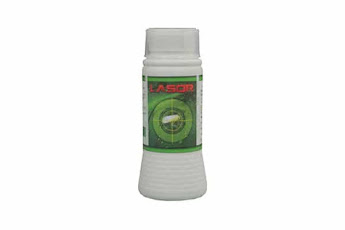Introduction:
We are a well-known and dominant company for AgriculturalPesticide Manufacturer in the market. The production of our daily sustenance is largely attributed to agribusiness. We are producing a variety of agricultural pesticides that are used on farms to protect crops from weeds, insects, and other hazards. Plant alkaloids with a high concentration and fatty acid salt containing essential plant growth regulators are the ingredients of agricultural pesticides.
Agricultural pesticides are substances or mixtures used to control, prevent, destroy, or mitigate pests in agriculture. Pests include insects, weeds, fungi, rodents, and other organisms that can harm crops, livestock, and stored food. Pesticides are employed to increase agricultural productivity by safeguarding crops from damage caused by pests.
Pesticides can be synthetic chemicals, biological agents, or natural substances. While they have benefits in protecting crops and ensuring food security, there are also concerns regarding their impact on the environment, human health, and non-target organisms. Misuse or overuse of pesticides can lead to environmental pollution, the development of pesticide resistance in pests, and potential health risks to farm-workers, consumers, and wildlife.
These chemicals can be categorized into different types based on their target pests and chemical composition:
- Herbicides: Designed to control or eliminate unwanted vegetation such as weeds. They can be selective (target specific types of plants) or non-selective (affect a wide range of plant species).
- Insecticides: Used to kill insects and can be specific to certain types of insects or have a broader spectrum of activity against various insects.
- Fungicides: Designed to prevent or destroy fungal infections that affect plants. They help in controlling diseases caused by fungi.
- Rodenticides: Used to control populations of rodents, such as rats and mice, which can damage crops or stored food.
To mitigate these issues, integrated pest management (IPM) strategies are promoted. IPM emphasizes a combination of techniques like crop rotation, biological pest control, using resistant crop varieties, and judicious use of pesticides to minimize their overall impact while effectively managing pests.
